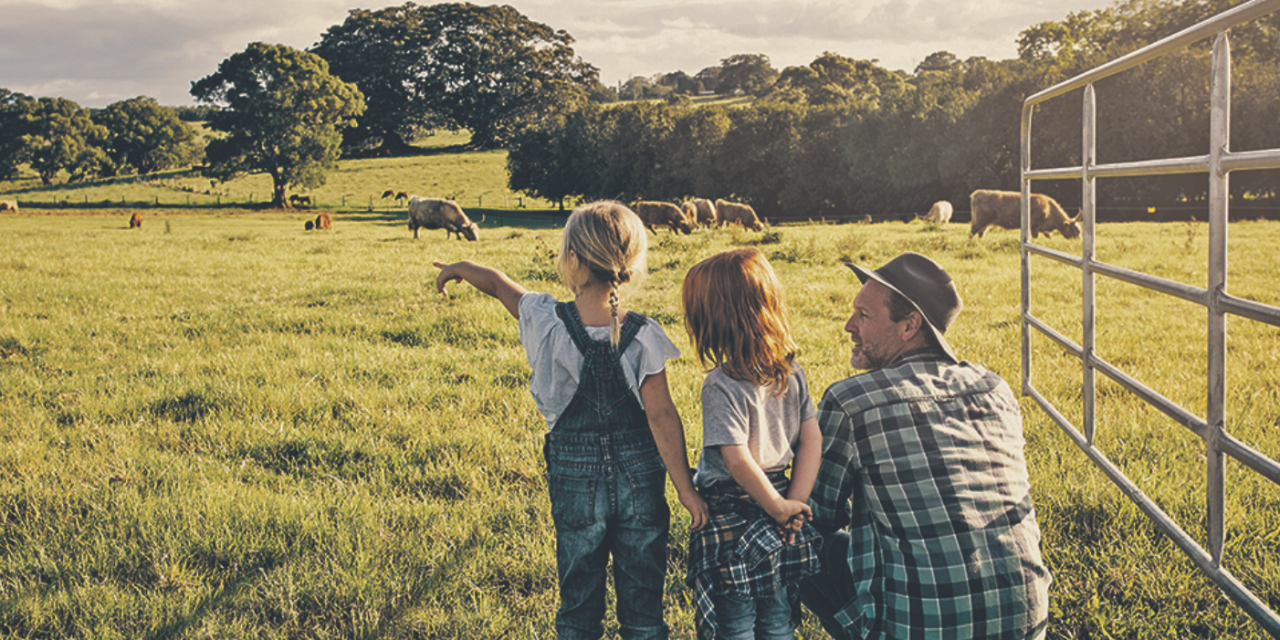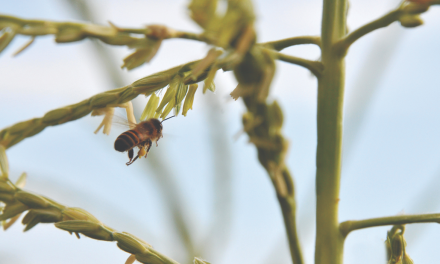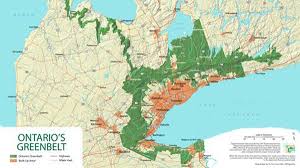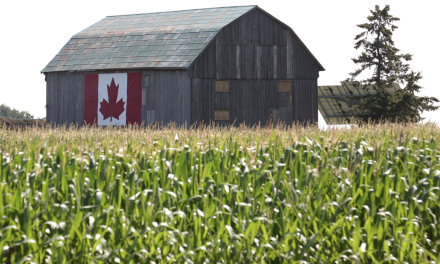We have five grandchildren; three of them are what you’d call farm kids. They live on a
family grain and livestock operation near Thamesville (by Chatham), and I suspect
that’s where they’ll be until they leave home.
With them in mind, I’m particularly keen on a new initiative called Kids FarmSafe
Week, from the Canadian Agricultural Safety Association (CASA). It runs this week, and
it’s designed to raise awareness of farm safety and provide access to child-specific
resources.
The program is being launched at a timely juncture. As the association and program
supporter BASF Canada say, farm kids — and any of their non-farm friends visiting them
— are at heightened risk during exceptionally busy times on the farm, like planting
season, which is upon us.
So BASF has stepped up to the plate. It has made farm safety for kids a corporate focus. In
2021, the company developed BASF Safety Scouts, to foster what the safety association
calls a safety-first mindset on the farm from a young age.
This program provides age-specific kits to farm families to make learning about farm
safety engaging and fun. The kits comprise adjustable child-sized safety vests, activity
sheets and more. They’re provided free to farm families across North America.
Now, none of this changes the fact that farming is a notoriously dangerous occupation.
Despite its idyllic appearance, farming entails a lot of high-powered machinery, close
encounters with livestock and handling potentially dangerous inputs like crop
protection chemicals. That’s just skimming the surface, but you get the picture.
In fact, in its list of dangerous occupation, the W.B. White insurance company says
about 36 per 100,000 farm or ranch workers die annually. CASA describes that number
as an average of 70 fatalities on Canadian farms each year. It’s been that way for the past
15 years.
Children are victims. In a report detailing agriculture-related fatalities in Canada, CASA
and Canadian Agricultural Injury Reporting found that between 1990 and 2020,
435 children were lost to agriculture-related incidents. The concern is warranted and
real.
And there’s another side to all this. Kids FarmSafe primarily focusses on physical health.
But research is continuing to reveal more about farmers’ mental health, and how their
challenges are more severe than the general public, particularly anxiety and depression.
Lesser known but emerging is research to generate a better understanding of farm kids’
mental health.
For example, at the University of Illinois, researchers are exploring how economic stress
is affecting the mental health of US farmers and their adolescent children.
It too is timely: farm income across the country is expected to fall 25 per cent this year.
Imagine your own household, if your income fell that much, it would surely cause a
ripple effect through the entire family.
And if you were already in an exceptionally stressful situation, like farmers are, the
pressure would be immense. Parents shelter their kids from a lot of things and seal them
from pain. But on farms, kids often work alongside parents. Inevitably, the seal
weakens, or worse, breaks.
A lot of young people growing up on a farm participate in agricultural work, says
Illinois researcher Josie Rudolphi. We’ve long acknowledged the inherent hazards of
this work environment, and now we’re also recognizing its impact on mental health.






